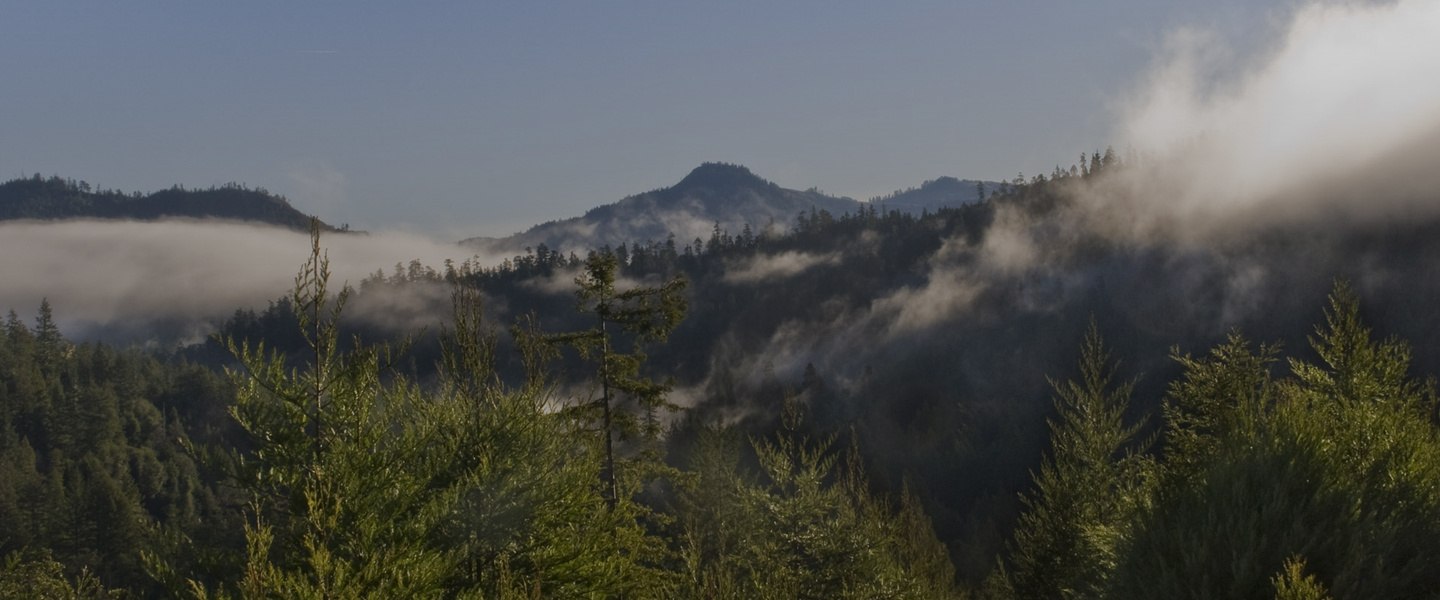
Taking back the woods: Fort Bragg mobiilizes in efforts to protect private lands from pot growers
In honor of Jere Mello
Santa Rosa Press Democrat
April 3, 2012
by: Glenda Anderson
With outdoor marijuana-growing season about to begin, private and public officials are invoking the memory of slain Fort Bragg City Councilman Jere Melo to bolster their rallying cry of "take back our forests" from illicit growers they say despoil the woods and endanger the lives of honest citizens.
"We must band together" to fight illegal trespass gardens, Cambpell Timberland Management manager Stephen Horner told more than 300 people attending a recent forum in Fort Bragg hosted by the Jere Melo Foundation. The foundation was created to carry on Melo's work to keep the forests safe and clean.
Melo, a contract forest manager, was shot to death last year while investigating a report of an illegal marijuana garden on private timberland. His mentally disturbed killer, Aaron Bassler, was growing opium poppies rather than marijuana, but the shooting shined a spotlight on the dangers that can lurk in the forests. It also triggered a massive manhunt for Bassler, who previously killed another land manager, Matthew Coleman. The hunt ended when Bassler was killed in a hail of law enforcement gunfire.
Illegal pot gardens are "making it more difficult for our employees to do their jobs in a safe manner," said Dick Royat, a Mendocino Redwood Company law enforcement officer.
Melo's death has mobilized the Fort Bragg community that led to the creation of the foundation, which aims to spread the word about the dangers in the hope that solutions can be found.
The organized effort is one of the first in the region to emphasize protecting private lands from the depradations of dope growers. Many of its key leaders are associated with private timberland management operations.
In contrast, the large-scale law enforcement efforts in recent years overwhelmingly have targeted illicit marijuana operations on public lands. This year, agencies are planning a new assault much like last year's "Operation Full Court Press."
"We're gearing up," Mendocino County Sheriff Tom Allman said Monday. Allman was instrumental in launching last year's massive federal, state and local attack on illegal marijuana growing in the six counties that contain portions of the vast Mendocino National Forest.
The eradication effort yielded 632,058 marijuana plants and 132 suspects. During the operation, officials also removed 51,404 pounds of trash, 40 miles of irrigation line, 5,459 pounds of fertilizer and 149 pounds of pesticides.
'Like a dead zone'
The environmental cleanup conducted during Operation Full Court Press was unusual. Usually the environmental hazards persist long after the pot plants are gone because insufficient funding is available for cleanup.
On private timberland deep in a forest about 20 miles northeast of Fort Bragg, piles of trash, camping gear and containers of toxics chemicals remain almost a year after 23,000 pot plants scattered on 5,000 acres were eradicated.
"Toxico," warns a label on one of the containers. Some contain pesticides banned in the United States, an indicator that those in charge of the gardens were from Mexico. Other indicators include a Spanish-language book left near a campsite and Mexican soft drink containers.
The poisons are used against animals that might want to eat the marijuana but also kill other animals that enter the area, Horner said. Birds of prey, including owls and hawks, die from eating contaminated rodents, he noted.
Wildlife tends to disappear around the marijuana gardens, he said. "It's almost like a dead zone."
It typically costs $15,000 to $16,000 an acre to clean up the mess left behind, said Tommy LaNier, director of the National Marijuana Initiative.
The owners of properties managed by Campbell Timber Management have spent more than $300,000 in the past eight years cleaning up their land, Horner said.
Growing problem
Many critics of the eradication programs, including members of the Mendocino County supervisors, have said they believe the war on marijuana has failed and that the solution is legalization, which they say would remove the price incentive to grow pot. They've pointed out that pot production has flourished despite eradication efforts.
Ten years ago, the state's marijuana eradication figure was 313,776 plants, compared with 2.2 million last year.
Law enforcement officials, however, said that last year's pot figure was a dramatic drop from 4.3 million in 2010. They cite that as evidence that eradication efforts are taking hold.
Melo trust officials believe more government funding is needed to beef up the battle against the pot-growing trespassers. There are so many gardens, law enforcement officers cannot respond to all of the calls, Horner noted.
"They just don't have the money to do it," he said.